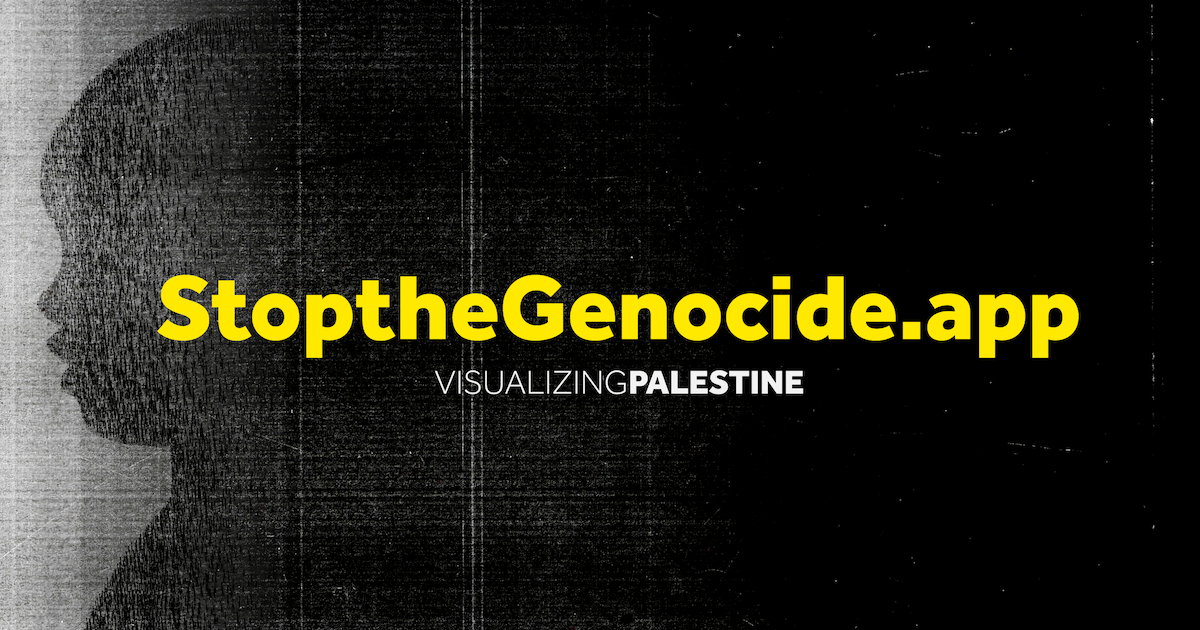Genocide, a term fraught with anguish and horror, prompts an inquiry into its very nature and origins. Why does humanity, often considered the pinnacle of creation, resort to such barbaric extremes? This question invites a multidimensional exploration through the lens of Bahá’í teachings, which proffer profound insights into the causes of this atrocity and avenues for prevention. Recognizing that genocide represents the catastrophic failure of collective moral consciousness, Bahá’í philosophy articulates a framework that ambivalently engages with the intricate dynamics of human behavior and societal evolution.
At the root of genocidal tendencies lies a triad of factors: ignorance, prejudice, and a lack of unity. The Bahá’í teachings emphasize the paramount importance of education as the antidote to ignorance. Education fosters critical thinking, empathy, and understanding of diverse cultures and histories. By nurturing an enlightened populace, societies can mitigate the susceptibility to extremist ideologies that dehumanize particular groups. The Bahá’í perspective invites individuals to question: How well do we educate ourselves about the experiences and struggles of others? The challenge lies in fostering an educational paradigm that emphasizes interconnectedness rather than division.
Prejudice—an insidious and deeply ingrained phenomenon—serves as fertile ground for the seeds of genocide to take root. The Bahá’í Faith denounces all forms of prejudice, advocating for the recognition of the fundamental oneness of humanity. This belief is pivotal in combatting the stereotypes and misconceptions that can culminate in violence against others. Historical narratives often depict the “other” as threats, perpetuating fear and animosity. In this light, the Bahá’í principle of “unity in diversity” presents a clarion call to celebrate differences while recognizing our shared humanity. The question emerges: How can we transcend our biases to forge a more harmonious coexistence? The challenge is to engage in dialogues that cultivate respect, understanding, and solidarity across varied demographics.
Moreover, the Bahá’í teachings elucidate the significance of collective governance and social justice as deterrents to genocide. The deterioration of moral responsibility often precipitates the onset of genocidal actions, with individuals in positions of power failing to uphold justice. The need for robust, transparent institutions that reflect the will of the people is paramount. Through a participatory governance model, communities can empower individuals to take ownership of their societal structures. This leads to the pertinent question: How can we ensure that our institutions cultivate moral integrity rather than abject compliance? The challenge resides in advocating for ethical leadership and active civic engagement, thereby rendering communities resistant to the manipulative narratives that incite hatred.
Furthermore, the Bahá’í tenets emphasize the role of spiritual principles in guiding human behavior. Love, compassion, and kinship are not merely philosophical ideals but actionable imperatives essential for countering incitements of hate. The transformative power of love, as taught by the Bahá’í Faith, engenders environments where reconciliation rather than retribution thrives. A crucial corollary emerges: How can we cultivate a culture of compassion in our daily lives? The challenge is twofold: introspection into personal biases and consistent efforts to enact kindness, promoting a ripple effect that extends beyond personal spheres.
Addressing genocidal tendencies demands a holistic approach that transcends mere political discourse. The Bahá’í teachings indicate that spiritual transformation must accompany societal reforms. Such a transformation necessitates the integration of moral education into formal curricula, shaping the value systems of future generations. One might ponder: Are we adequately equipping our youth with the tools to foster peace and understanding? The challenge rests in re-envisioning educational paradigms to prioritize values of kindness, cooperation, and social responsibility.
In surmounting the enigmatic question of why genocide happens, the Bahá’í perspective offers not only an analysis of causation but also actionable solutions. At its core, the Faith advocates for a relentless pursuit of justice and recognition of the sanctity of life. Addressing systemic inequalities, nurturing cultural exchange, and fostering education remain pivotal strategies to counteract the zeitgeist that engenders dehumanization.
Furthermore, the call for individual action cannot be overstated. Each person bears the responsibility to contribute to a culture of peace. This entails standing against injustices, amplifying marginalized voices, and participating actively in community-building. The question becomes: What tangible actions can we implement in our lives to uphold the tenets of love and justice espoused in Bahá’í teachings? The challenge is to cultivate an endogenous sense of guardianship over societal harmony, viewing oneself as an integral participant in the tapestry of humanity.
Ultimately, the discourse surrounding genocide compels an acknowledgment of our shared moral obligation—to strive for justice, foster compassion, and cultivate an environment where unity prevails over division. The Bahá’í teachings illuminate pathways towards understanding and healing, providing a lens through which the multifaceted dimensions of human crises can be navigated. Through the principles of education, unity, moral governance, and individual accountability, pathways emerge that lead away from the precipice of devastation, steering us instead towards a future where the atrocities of genocide are relegated to the annals of history, rather than the current narrative of humanity.
